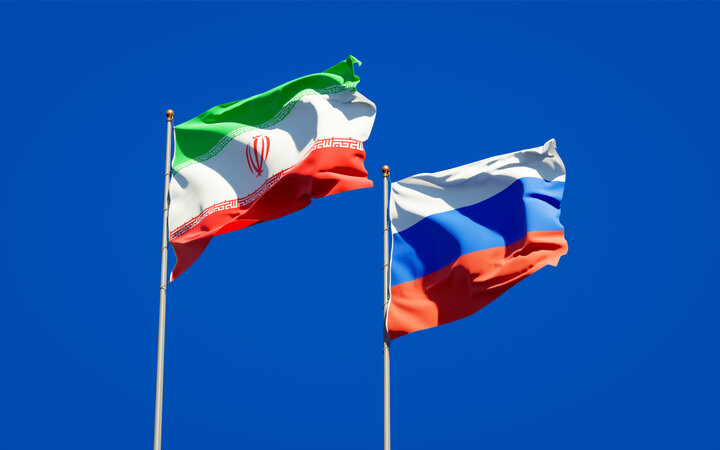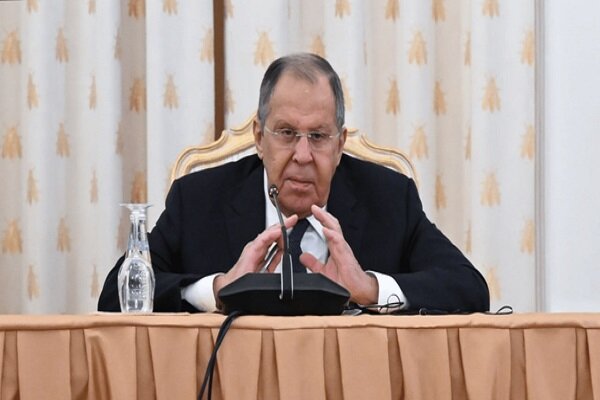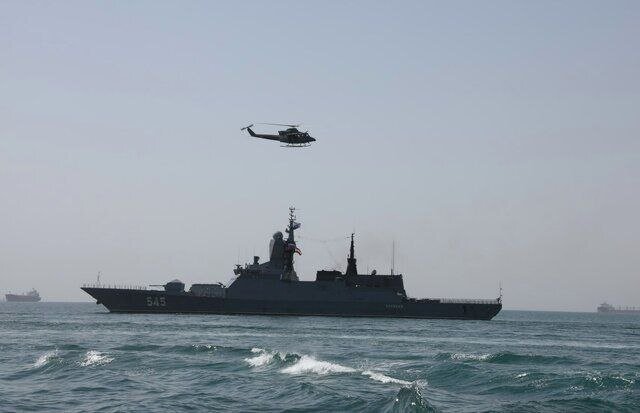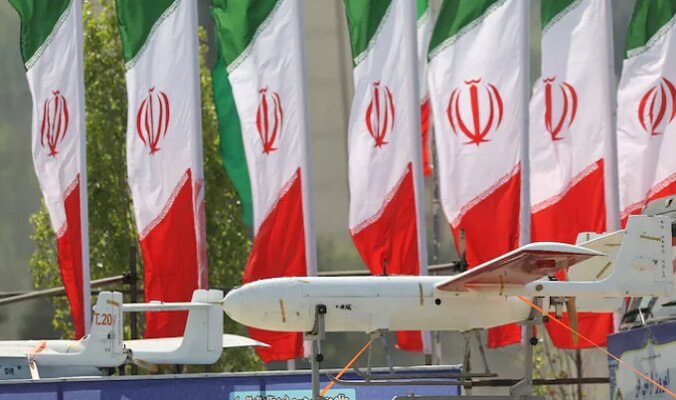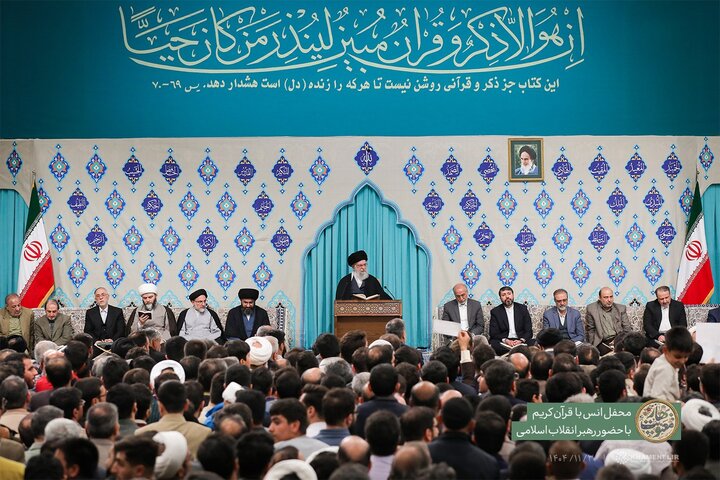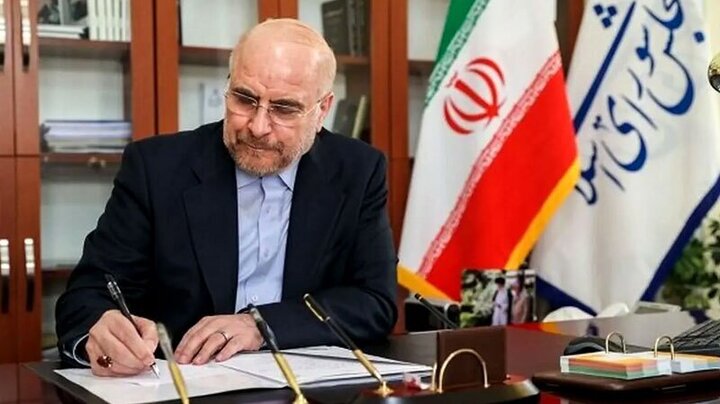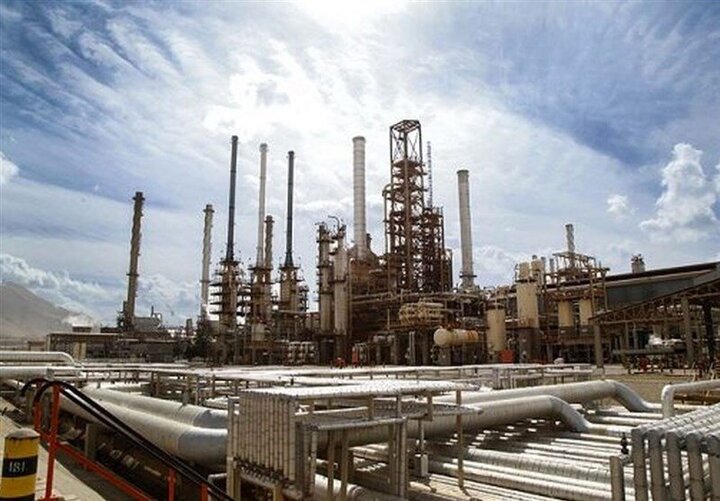
Speaking at a meeting of the Oil Ministry’s deputies on Saturday attended by First Vice President Mohammadreza Aref, Saeid Tavakkoli stated that NIGC was tasked with injecting 850 mcm of sweet gas into the grid this winter.
However, on some days, the company set a new record by injecting 872 mcm, he noted.
Tavakkoli highlighted that measures taken in the gas transmission network, including the use of turbo compressors, prevented the loss of 50 mcm of gas.
Despite financial constraints, NIGC has undertaken initiatives beyond its core responsibilities, such as issuing permits for gas storage in salt domes, completing the ninth national gas pipeline, allocating 1.2 trillion tomans ($15 million) to renewable energy capacity, establishing an energy optimization market, and developing an energy optimization atlas.
He emphasized that if the Oil Ministry aims to be a reliable fuel supplier, it needs a comprehensive industrial development strategy.
“For example, it’s impractical to build a steel plant in the center of the country, transport its products to the north, and then move them south for export,” he said.
Tavakkoli stressed the importance of adopting an industrial strategy in Iran and integrating energy management into national planning. “Good prioritization has been done, and despite limitations, NIGC has performed admirably,” he added.
The NIGC CEO pointed to three key indicators in gas transmission and processing: reliability, accessibility, and operability. Under the 14th administration, all three indicators have shown improvement.
DID/Shana.ir
